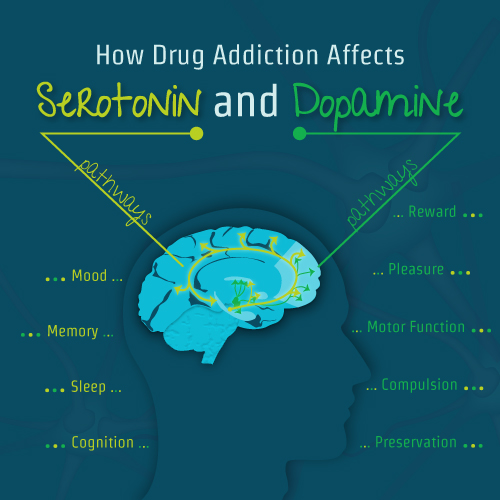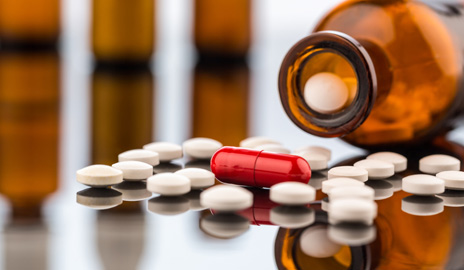

Exploring alternative treatment for addiction that works
Exploring alternative treatment for addiction: Why this is become very necessary
Substance abuse is not new in our life and it is not going away anytime soon if the current trend is anything to go by. If you look around you there will be some evidence of drugs being used even if it is being used moderately. Drugs are in my view poisonous and the term moderate use should not be applicable when it comes to drugs. Poison is dangerous irrespective of the quantity used just like the venom from a snake bite is poisonous no matter the age of the snake. Therefore we have a duty to correct the mess that has been propagated in our life by encouraging moderate use of certain substance. So many addicts today are suffering because they began using these drugs moderately, that is why we owe one another the duty of care by finding solutions including exploring the use of alternative treatment for addiction which is currently being embraced by many. Doctor Dalal Akoury MD and founder of AWAREmed Health and Wellness Resource Center is a veteran addiction expert who has offered lasting solutions to many people globally for over two decades now is going to be sharing with us more about exploring alternative treatment for drug addiction as we proceed into the discussion. In our previous article we had looked at NAD and neuro-feedback and we want to move further with the discussion exploring Ibogaine, meditation practices, exercise, yoga and biochemical restoration and nutrition as alternative treatment for addiction.
Exploring alternative treatment for addiction: Ibogaine
Even though experts at AWAREmed Health and Wellness Resource Center are in agreement that Ibogaine is one of the best applicable alternative treatments for opiate addiction, it must be used with a lot of causion. This product comes from the root bark of an African rainforest shrub known as Tabernanthe iboga, It is commonly used ceremonially by the Bwiti tribe of Western and Central Africa to induce visions and shamanic experience. While it has been categorized as a psychedelic, it is more intense and longer lasting than LSD or mushrooms. It can have dissociative effects as well as sometimes serious effects on motor control, similar to those of the anesthetic ketamine. In the brain, it affects multiple neurotransmitter pathways, making it difficult to discern which effects are most significant.
History aside, animal and human research findings indicate that ibogaine is undoubtedly does relieve opioid withdrawal and because of that, the drug is now being administered in several clinics around the world globe even if it is often illegally. Nevertheless it is important to note that ibogaine is apparently not as safe as was once believed. This is because it associates poorly with many pharmaceuticals alongside other narcotic drugs and alcohol. It is illegal in some states including in the U.S. though in Canada, St. Kitts and Mexico the respective government have issued some regulation to certain facilities that offer it legally. In Mexico it is considered an experimental drug and the most advanced medical clinics only use it with patients who have passed a battery of medical tests.
Outside the U.S. it is used to treat addiction to methadone, heroin, alcohol, cocaine, methamphetamine, anabolic steroids, and other drugs. Ibogaine is also used to treat depression and PTSD. Derivatives of ibogaine that lack the substance’s psychedelic properties are under development. The purpose of this article is not to confuse you, but to help you understand how some of these alternative treatments are applied, where they are allowed and how to go about their use. Therefore if you have any concern about this product, you can schedule for an appointment with doctor Dalal Akoury for more insight today.
Exploring alternative treatment for addiction: Why this is become very necessary
http://www.I-AM-I.com/wp-admin

0 comments
Write a comment